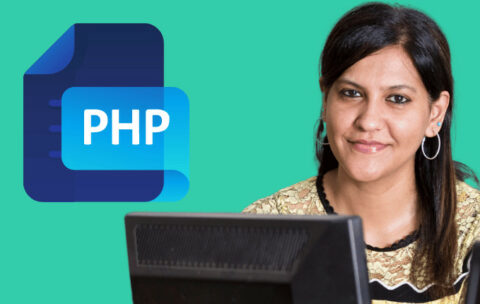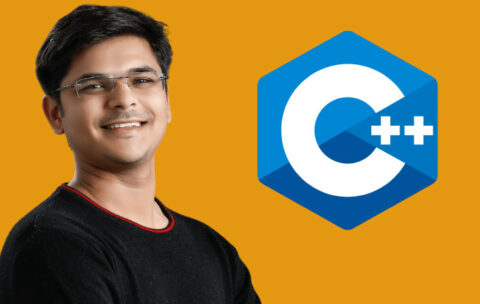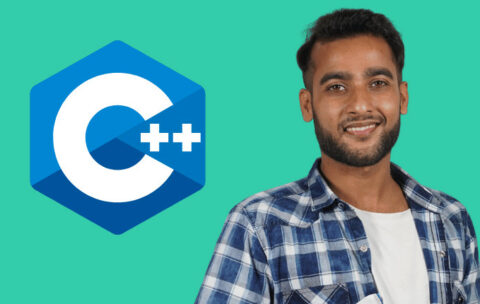Biomaterials and Tissue Engineering
The course “Biomaterials and Tissue Engineering” provides students with a …
What you'll learn
Materials Processing Techniques and Technologies
The course “Materials Processing Techniques and Technologies” is designed to …
What you'll learn
Materials Design and Optimization for Performance
The course “Materials Design and Optimization for Performance” aims to …
What you'll learn
JavaScript Testing and Debugging: Tools and Strategies for Effective Development
In the world of web development, testing and debugging are …
What you'll learn
PHP Fundamentals: Mastering the Basics
The course “PHP Fundamentals: Mastering the Basics” is designed to …
What you'll learn
PHP Testing and Debugging: Tools and Strategies for Effective Development
The course “PHP Testing and Debugging: Tools and Strategies for …
What you'll learn
C++ Fundamentals: Mastering the Basics
The course “C++ Fundamentals: Mastering the Basics” is designed to …
What you'll learn
Object-Oriented Programming in C++
Object-Oriented Programming (OOP) in C++ is a course that focuses …









